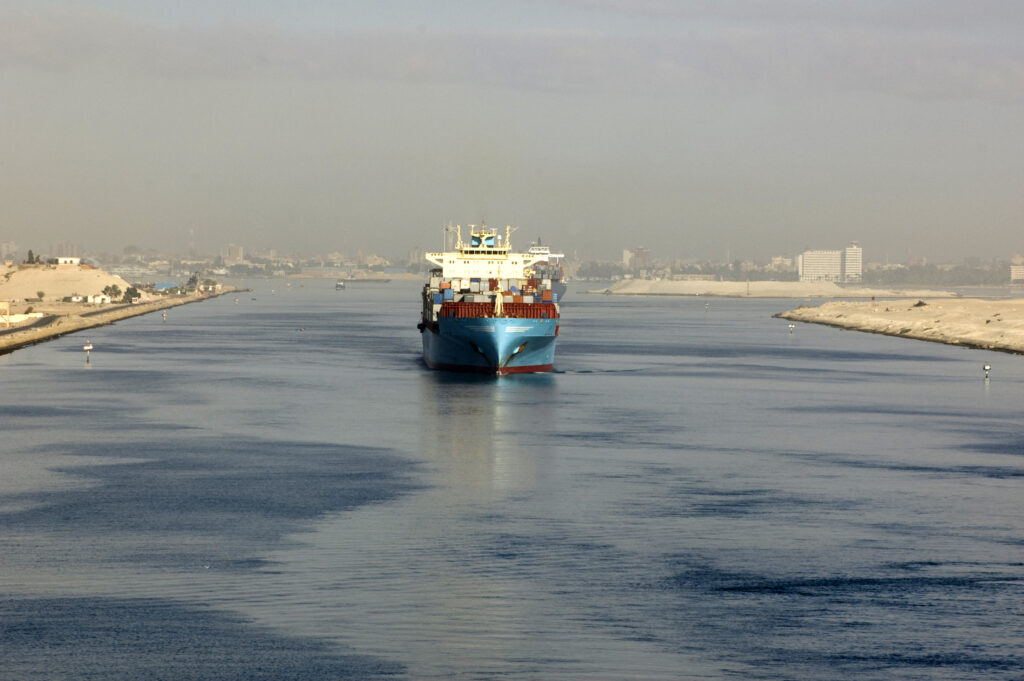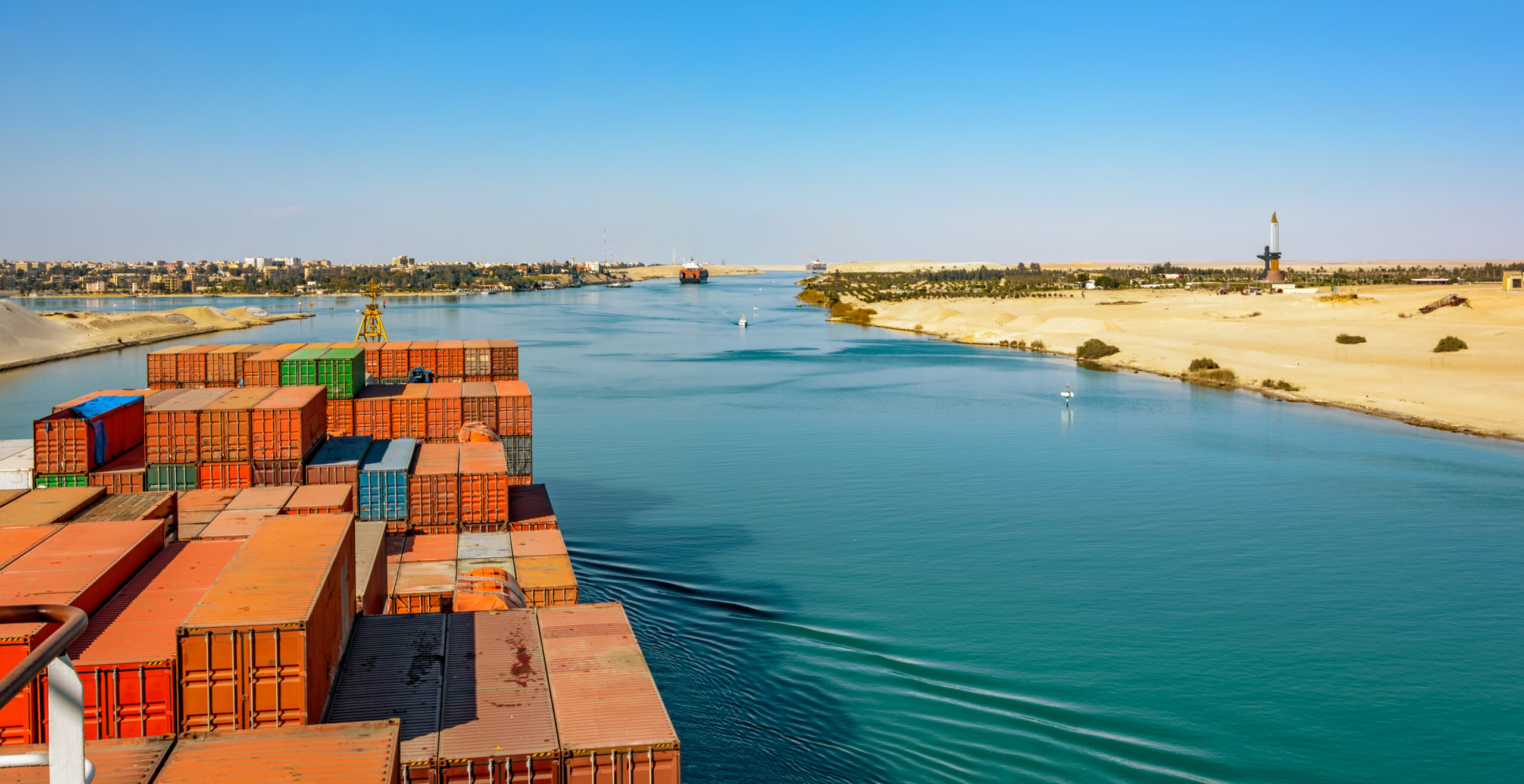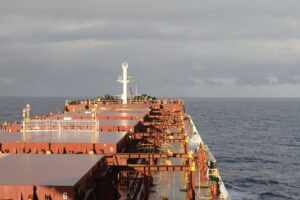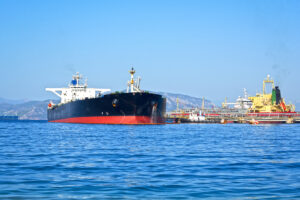
Every third freighter with Swedish goods that goes through the Suez Canal transports forest products. Now Houthis’ attacks on civilian ships in the Red Sea are blocking traffic through the canal, leading to uncertainty and increased costs.
Svenskt Trä, which is part of the Forest Industries, has issued information to its member companies with advice and support to be able to handle legal issues due to the logistical disruptions, for example price increases and difficulties in delivering according to agreements, which follow in the wake of the situation in the Red Sea.
Christian Nielsen, market analyst at Skogsindustrierna, said: “We assess that our industry is the single largest Swedish transport buyer of container freight via the Suez Canal, where costs have now unexpectedly increased by 100 – 200 percent, and thus we view the future with some concern. There is a risk of container shortages, delays and limitations of shipping resources. Going around Africa instead of via the canal can take up to 30 extra days for a round trip.”
Christian Nielsen assesses that the situation can be long-lasting and means cost increases, but above all an increased uncertainty both for the industry and for the forest industry’s customers.
“At the same time, during the autumn and until now, there has been overcapacity on both containers and ships. Shipping prices from Europe to Asia have until now been unusually low, which reduces possible risks in the near term and calms things down somewhat,” he said.
How are the Swedish producers affected?
In many cases, the suppliers, especially on the wood product side, have managed to agree with their customers to share the increased costs that have arisen. But of course, they are affected. We are already in a deteriorating economy with falling finished goods prices, while we have a generally high-cost situation. Margins are under more pressure than normal, which can hit individual deliveries during this period hard. But over time, for new contracts, we assess that in many cases it is a cost that the customer in Asia will have to bear, noted Christian Nielsen.
For wood products, there are few alternatives to imports from Europe. In the case of pulp and paper, it is more uncertain what effect cost increases and longer delivery times will have. There, the competition from other global suppliers is greater.
Nielsen said this does not necessarily mean that Swedish pulp producers are hit harder than wood product producers. “There is a tougher competitive situation on the pulp and paper side, but the shipping disruptions will also affect imports of paper to Europe from low-cost producers in Asia. This, in turn, could rather increase demand within Europe.”
Does this also mean increased costs for wood products, pulp and cardboard on the Swedish market?
No, I do not think so. This will mainly affect our customers in Asia, said Christian Nielsen.
Key facts: Of the total Swedish export of the forest industry’s products, approximately 10 – 15 percent were previously shipped via the Suez Canal and the Red Sea to customers in the Middle East and Asia. One third of Swedish exports (volume) shipped via the Suez Canal are forest industry products. That is almost as much as Sweden’s total imports through the canal.



